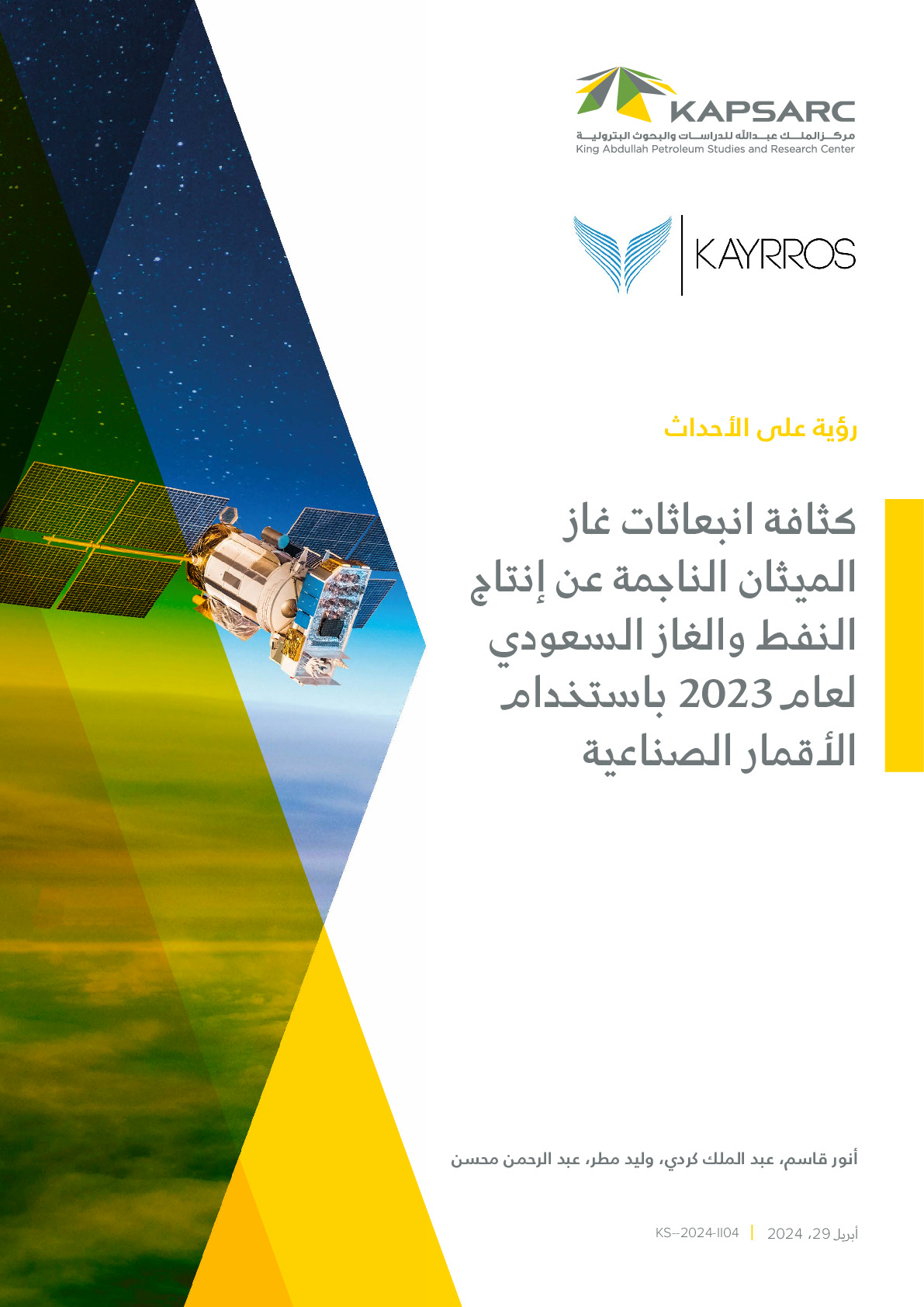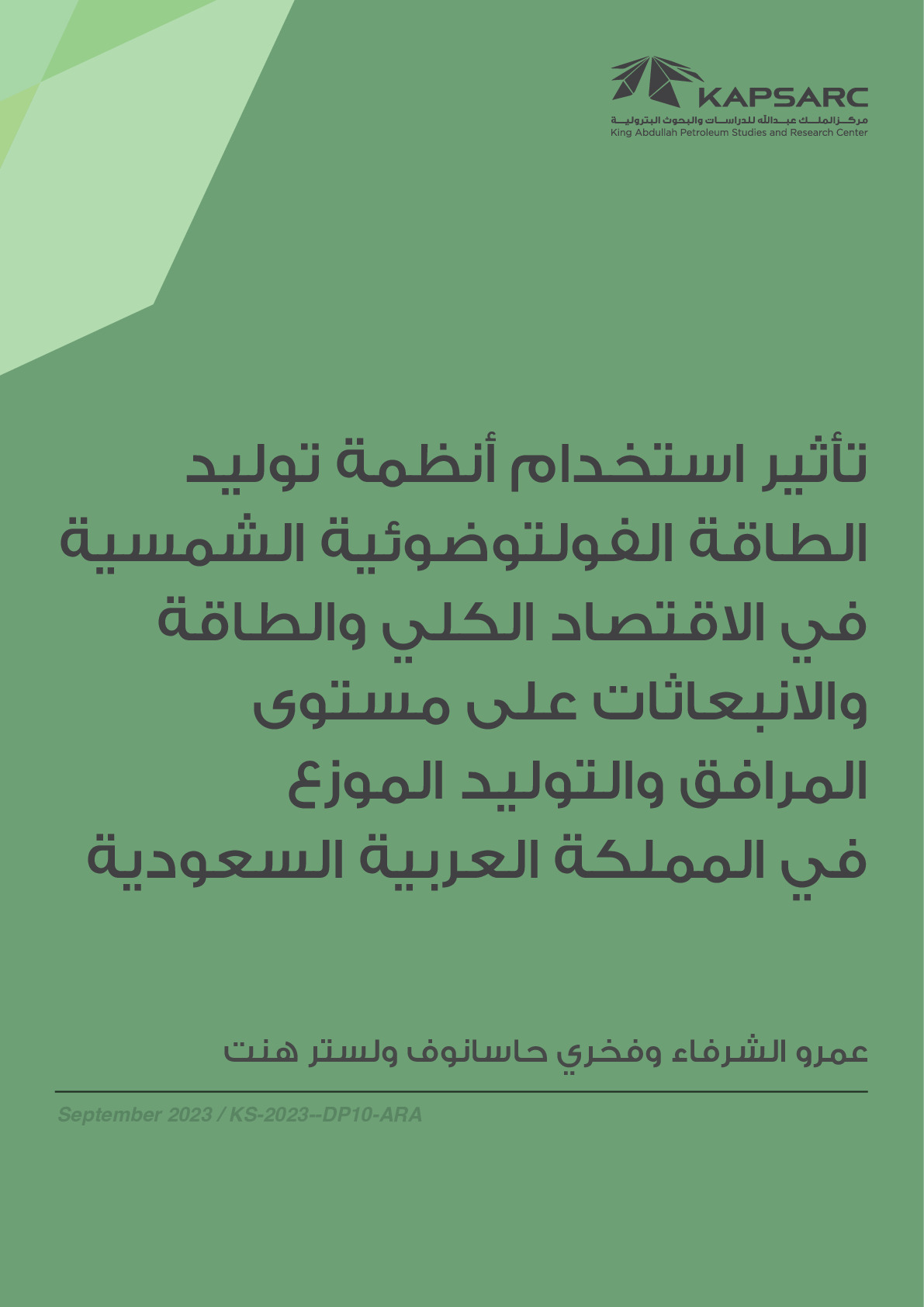Domestic energy prices in Saudi Arabia are set below international market prices. This, coupled with rapid economic and population growth, is believed to have contributed to the rapid growth in domestic energy demand and, recently, affected the government budget in the face of low international oil prices. In December 2015, Saudi Arabia announced increases in domestic energy prices. This paper therefore considers the impacts, focusing on gasoline, by estimating a demand function and using it to estimate the change in social welfare. Gasoline demand is found to be price inelastic suggesting that it may be difficult for the Saudi government to limit future growth in gasoline consumption using only increases in the administered price of gasoline. Thus, limiting future gasoline consumption in the KSA might require improved energy efficiency of passenger cars, increased energy awareness by drivers through education and marketing campaigns, and the provision of alternative transport modes within cities. Although the announced gasoline price increase is not expected to reduce demand considerably, it can deliver estimated welfare increases of up to 1.66 billion 2010 US$ (~6.23 billion 2010 Saudi Arabian Riyals), which is around 0.26% of Saudi gross domestic product. © 2017 The Authors





